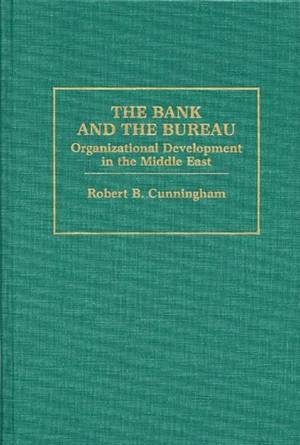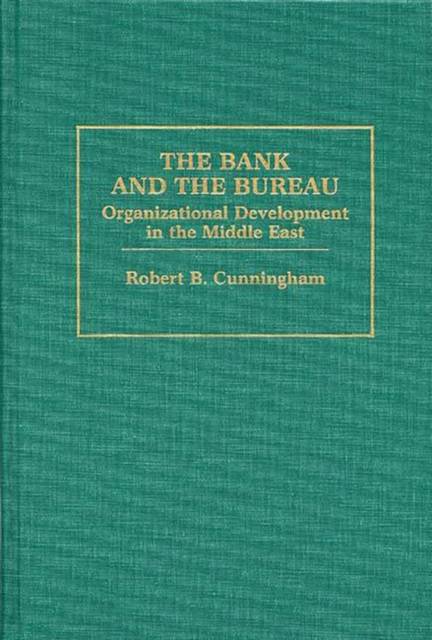
- Retrait gratuit dans votre magasin Club
- 7.000.000 titres dans notre catalogue
- Payer en toute sécurité
- Toujours un magasin près de chez vous
- Retrait gratuit dans votre magasin Club
- 7.000.0000 titres dans notre catalogue
- Payer en toute sécurité
- Toujours un magasin près de chez vous
Bank and the Bureau
Organizational Development in the Middle East
Robert Cunningham
Livre relié | Anglais
127,45 €
+ 254 points
Description
This landmark case study presents the first full-fledged examination of work organizations in Arab society. The author has chosen two organizations for study--a commercial bank and a tax bureau--focusing on organizational characteristics, employee attitudes, employee behaviors, similarities and discontinuities in societal values, and cultural context. His analysis vividly demonstrates that the values and behaviors displayed in work environments have implications for societal values, organization theory, and development theory.
Divided into three sections, the book first offers a detailed picture of each organization within its cultural setting. The study also compares and contrasts the two organizations, paying particular attention to their structures. Successive chapters explore how each organization reflects or deviates from the wider cultural context in which it operates, and assess each in terms of a life cycle theory of organizational evolution. Concluding chapters utilize theories of change and economic development to help explicate each organization's particular dynamics and pattern of evolution.Spécifications
Parties prenantes
- Auteur(s) :
- Editeur:
Contenu
- Nombre de pages :
- 164
- Langue:
- Anglais
Caractéristiques
- EAN:
- 9780275929787
- Date de parution :
- 06-10-88
- Format:
- Livre relié
- Format numérique:
- Genaaid
- Dimensions :
- 152 mm x 229 mm
- Poids :
- 421 g

Les avis
Nous publions uniquement les avis qui respectent les conditions requises. Consultez nos conditions pour les avis.






